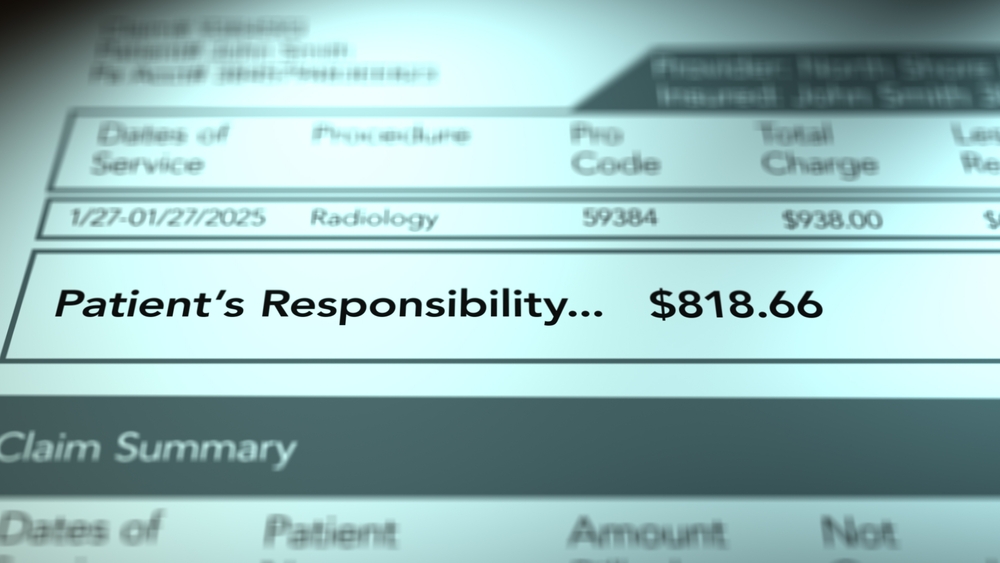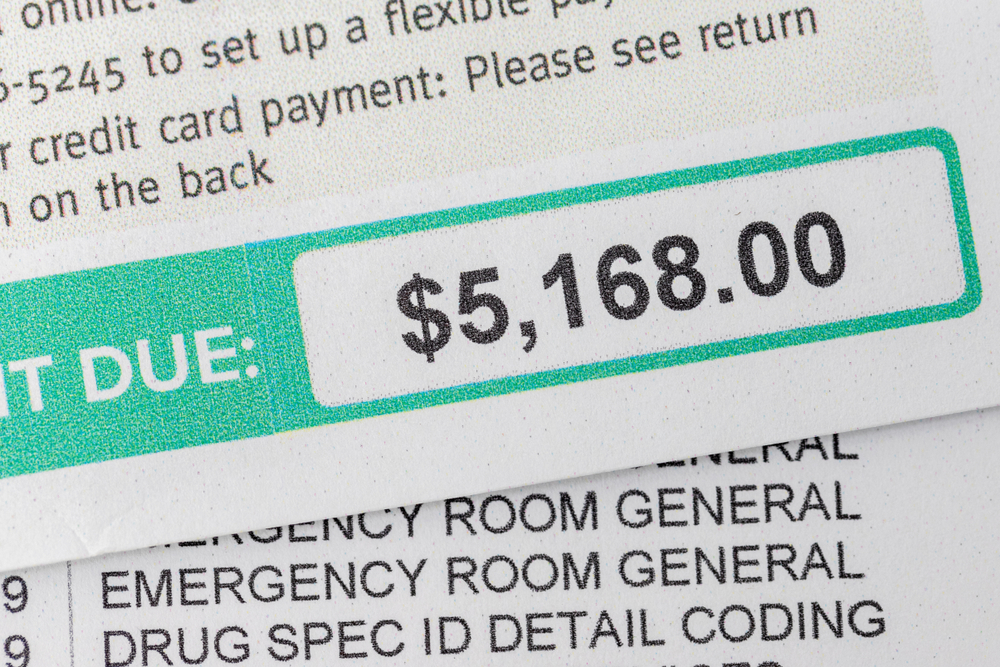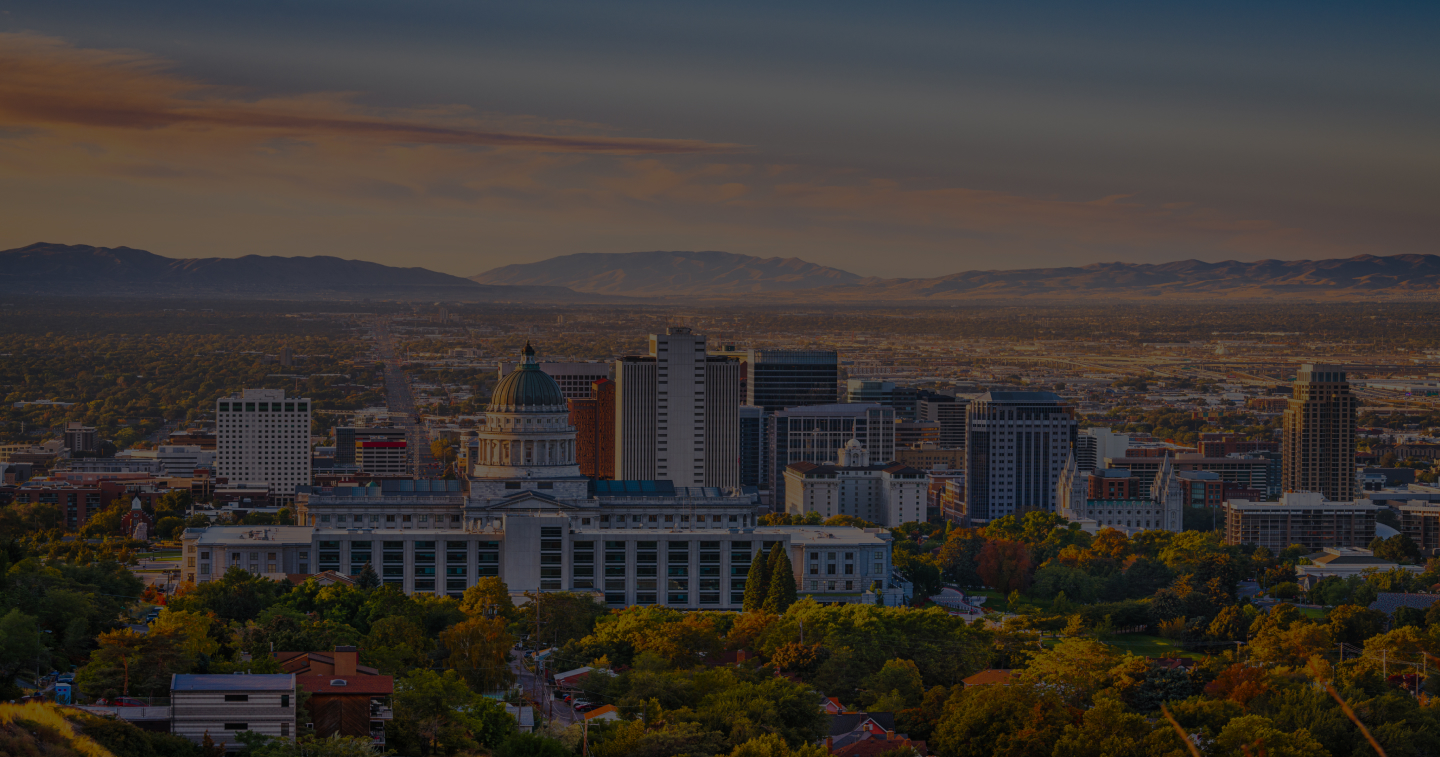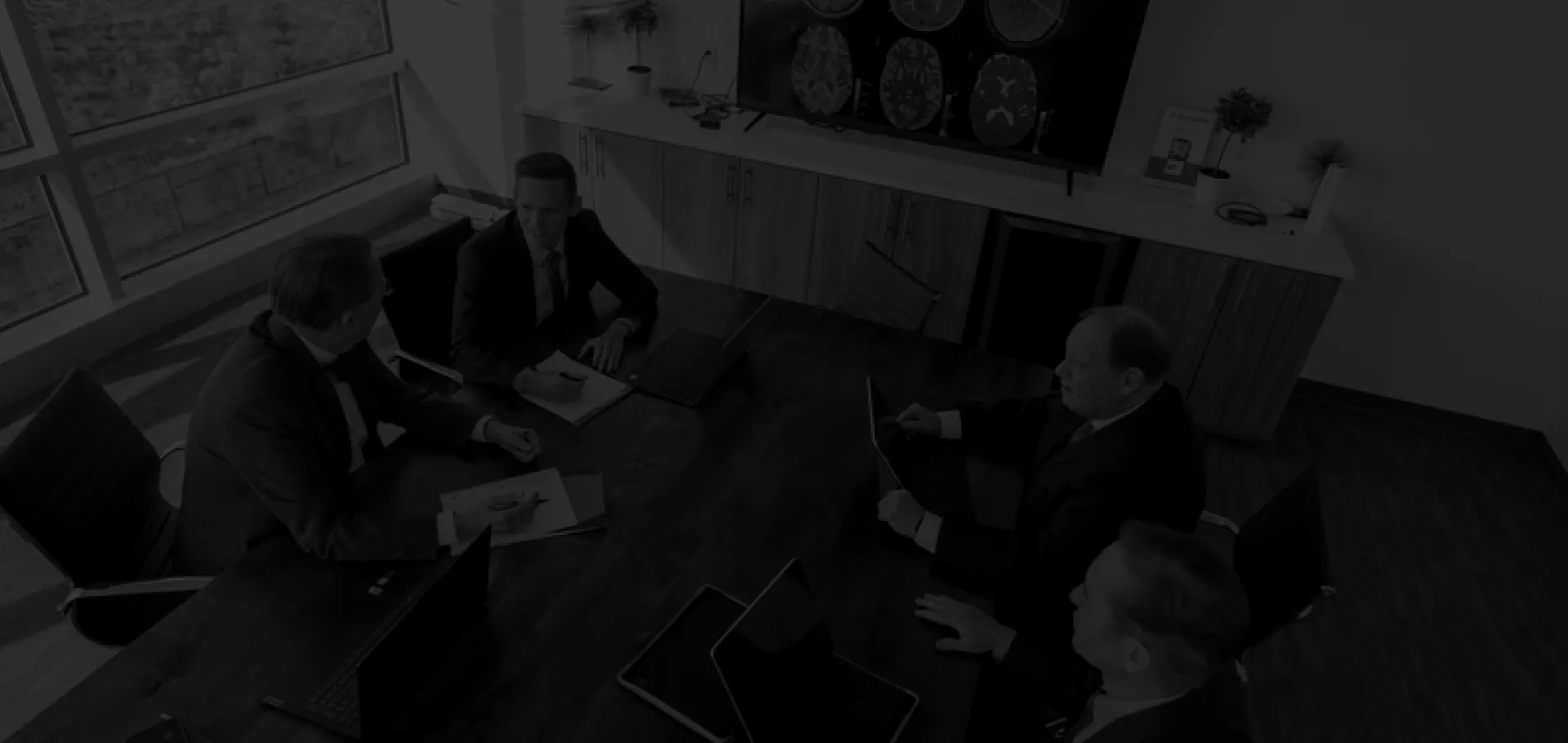
When a tractor-trailer jackknifes on I-15 through Midvale, two problems hit at once: getting medical care and figuring out who’s financially responsible. The treatment can’t wait; the liability fight takes time.
Medical bills don’t wait after a truck jackknife on I-15 through Midvale. We line up immediate coverage through health insurance, PIP/MedPay, and provider holds so treatment continues now, then pursue recovery and resolve liens when your case concludes.
Liability in a Utah jackknife crash is rarely one-dimensional. Federal trucking rules, multiple defendants (driver, carrier, loader, maintenance, parts), and Utah’s comparative negligence standard all shape who pays.
Parker & McConkie represents truck accident victims throughout Midvale and the I-15 corridor. We handle the complex liability issues in commercial truck crashes while helping you navigate immediate medical bill payment and long-term compensation claims.

Key Takeaways for Jackknife Truck Accidents on I-15 in Midvale
- Utah liability is often shared among drivers, trucking companies, cargo loaders, and maintenance contractors, with each potentially responsible party carrying separate insurance policies.
- Your health insurance, PIP coverage, or MedPay typically pays medical bills initially, with reimbursement from the truck accident settlement coming later after liability is established.
- Commercial policies are higher than personal auto because federal regulations mandate coverage based on cargo type and vehicle weight.
- Utah Code § 78B-5-818 establishes modified comparative negligence rules that bar recovery at 50% or more fault and reduce compensation by your fault percentage below that threshold.
- Federal trucking violations, including hours-of-service breaches, maintenance failures, and improper cargo securement, create clear liability pathways that strengthen claims against commercial carriers.
Who Is Liable After a Utah Truck Jackknife Accident?
In Utah, liability is often shared among multiple parties. Potentially responsible parties might include the driver for improper braking or driving too fast for conditions, the motor carrier for inadequate training or pressuring drivers to violate hours-of-service rules, the loader or shipper for improper weight distribution, maintenance contractors for brake or tire failures, and parts manufacturers for defective ABS or brake systems.
Utah’s modified comparative negligence under Utah Code § 78B-5-818 reduces recovery by your share of fault and bars it at 50% or more. Identifying all defendants in a Utah truck accident with multiple defendants helps you as you seek fair compensation for your injuries.
Multiple defendants mean multiple policies. We preserve claims against each party early, which protects access to primary, excess, or umbrella coverage while Utah’s comparative negligence rules are applied to the facts.
What Happens When a Commercial Truck Jackknifes
Jackknifing occurs when a truck’s trailer swings out from behind the cab, forming a V-shape that resembles a folding pocket knife. The truck driver loses control, and the vehicle blocks multiple lanes as it slides sideways across the highway.
The physics are straightforward but deadly. When a truck driver brakes too hard or loses traction, the trailer’s momentum pushes it forward and sideways. Without proper braking technique or in slippery conditions, that momentum swings the trailer out of alignment.
Why I-15 Conditions Contribute to Jackknife Accidents
I-15 through Midvale carries heavy commercial freight connecting northern and southern Utah. Several factors make this stretch particularly dangerous. Speed differentials between cars and trucks create hazardous conditions near the Fashion Place Mall area and Fort Union Boulevard exit.
Winter weather transforms I-15 into a skating rink. Utah’s winter weather can create black ice conditions that catch drivers by surprise.
Snow accumulation reduces traction, and trucks carrying heavy loads can’t stop effectively. Drivers who fail to reduce speed or brake improperly may cause jackknife accidents that block all lanes.
Federal Trucking Regulations Create Liability Standards
The Federal Motor Carrier Safety Administration establishes strict rules governing commercial truck operations. These regulations cover driver qualifications, hours of service, vehicle maintenance, cargo securement, and brake systems—all relevant to jackknife accident liability.
When trucks jackknife on I-15, investigators may examine whether drivers violated hours-of-service rules and drove while fatigued. They review maintenance records to determine whether brake system failures contributed to the accident. Each regulation violation creates a pathway to liability that your attorney may use to establish responsibility and pursue compensation.
Trucking companies that fail to maintain vehicles, hire qualified drivers, or enforce federal rules bear responsibility when those failures cause accidents. These violations become evidence supporting your claim.
Multiple Parties Might Share Responsibility in Jackknife Accidents
Jackknife accidents often involve several liable parties:
- Truck drivers bear direct liability for improper braking, excessive speed, or failure to adjust for weather conditions
- Trucking companies face vicarious liability for driver actions plus direct liability for inadequate training or pressuring drivers to violate hours-of-service rules
- Cargo loading companies become liable when improper loading or weight distribution contributes to jackknifing
- Maintenance contractors face liability when brake failures, worn tires, or steering malfunctions result from inadequate service
- Truck or parts manufacturers bear responsibility when defective brake systems or anti-lock braking system failures cause loss of control
Why Multi-Defendant Claims Matter
Multiple liable parties mean multiple insurance policies. Each responsible party carries separate coverage, and commercial trucking policies typically provide substantially higher limits than personal auto insurance. Identifying all defendants provides access to broader compensation sources, including primary policies, excess coverage, and umbrella policies.
Who Pays Your Medical Bills Immediately After the Crash
Trucking company insurance rarely pays your medical bills as they arrive. Medical treatment starts immediately, but liability investigations and settlement negotiations take months. Understanding who pays after a jackknife crash in Utah helps you plan for immediate expenses while your claim is investigated.
Your Health Insurance Covers Immediate Treatment
Your health insurance through your employer, the Affordable Care Act marketplace, or Medicare/Medicaid typically becomes the first payer for medical expenses after truck accidents. Hospitals and doctors bill your health insurance just as they would for any other medical care. We coordinate Intermountain Medical Center billing with your health plan.
Health insurance companies later assert subrogation rights—legal claims to be reimbursed from your truck accident settlement. They pay your bills now but expect repayment once you recover compensation from the trucking company. Your attorney works to negotiate these liens where permitted to reduce amounts owed, though final lien resolution depends on specific facts and applicable law.
PIP and MedPay Coverage From Your Auto Insurance
Personal Injury Protection (PIP) and Medical Payments coverage on your own auto insurance policy provide additional immediate sources of payment for medical expenses. Utah PIP benefits are typically $3,000 per person for medical expenses, with higher limits on many policies.
PIP pays regardless of who caused the accident, providing quick access to funds for medical bills, lost wages, and other expenses. Like health insurance, your auto insurance company might seek reimbursement from the trucking company’s insurance later. The advantage is immediate payment while your claim is investigated.
Medical Provider Billing and Payment Plans
Many medical providers work with personal injury attorneys through letters of protection—agreements where the provider agrees to wait for payment until your settlement is reached. Communicate with billing departments, explain your situation, and work with your attorney to manage provider expectations.
Providers and health plans may assert liens or subrogation claims that are resolved from settlement proceeds. Negotiation can lawfully reduce those amounts in many circumstances, though outcomes depend on applicable law and specific lien terms.
How Trucking Company Insurance Handles Your Claim
Trucking companies deploy experienced insurance adjusters and legal teams immediately after accidents. They send investigators to crash scenes, interview witnesses, download electronic logging device data, and gather evidence to defend against claims. This investigation determines liability before the insurance company pays anything.
Your attorney conducts a parallel investigation, preserving evidence including truck maintenance records, driver qualification files, and electronic data proving regulatory violations. Once liability is reasonably clear, settlement negotiations begin. The trucking company’s insurer makes initial offers—typically far below fair compensation.
This process takes months. Complex cases involving catastrophic injuries, disputed liability, or multiple parties take longer. Meanwhile, medical bills continue arriving through your health insurance, PIP coverage, and medical provider arrangements.
Medical Bills and Your Truck Accident Settlement
When settlement or a verdict eventually provides compensation, that money pays various expenses in a specific priority. Your attorney structures the settlement distribution to address medical liens, case costs, and your net recovery.
What Your Settlement Covers
Truck accident settlements compensate for economic and non-economic damages. Economic damages include all medical expenses from emergency treatment through ongoing care, lost wages, and lost earning capacity. Non-economic damages compensate for physical pain, emotional distress, permanent disability, and disfigurement.
Your attorney documents all damages thoroughly, using medical records, expert testimony, and evidence of how injuries affect your daily life. Comprehensive documentation supports settlement values that address medical bills and provide fair compensation for your suffering.
Managing Medical Liens and Subrogation
Your health insurance company, PIP carrier, Medicare, or Medicaid holds subrogation rights—legal claims to be repaid from your settlement. Your attorney works to negotiate medical liens and health-plan subrogation where permitted so more of your recovery stays with you. Health insurance companies often accept reduced repayment amounts rather than taking their full lien from your settlement, though outcomes depend on specific circumstances and applicable law.
Future Medical Expenses Matter
Catastrophic injuries from jackknife accidents require ongoing medical care. Your settlement must account for these future medical expenses. Life care planners and medical experts project lifetime care costs, and your attorney includes these projections in settlement demands.
Payment Timeline for Truck Accident Medical Bills
Payment sources and timing after a Utah jackknife crash:
| Payment Stage | Who Pays | When Payment Occurs | What’s Covered |
| Immediate (Days 1-30) | Your health insurance, PIP/MedPay | Within days of treatment | Emergency care, hospitalization, initial treatment |
| Short-term (Months 1-6) | Health insurance, provider payment plans, letters of protection | During liability investigation | Ongoing treatment, follow-up care, physical therapy |
| Settlement (Months 6-18+) | Trucking company insurance | After liability established and negotiations complete | All past medical bills, future medical expenses, lost wages, pain and suffering |
| Post-Settlement | Your settlement funds | Immediately after settlement | Reimbursement to health insurance (negotiated liens), remaining medical debts, future care needs |
Utah Laws Affecting Your Truck Accident Claim
Utah Code § 78B-2-307 establishes a four-year statute of limitations for personal injury claims from the accident date. Four years sounds like ample time, but evidence degrades rapidly. Electronic logging device data is typically retained for required periods (often six months), and witness memories fade.
Wrongful death claims carry a two-year limitation under Utah Code § 78B-3-106. Claims against government entities require notice within much shorter timeframes.
Utah’s comparative fault rules affect recovery amounts. Trucking company insurers might argue you were speeding or following too closely to inflate your fault percentage and reduce what they pay. Your attorney presents evidence minimizing your fault and establishing the truck driver’s greater negligence through regulatory violations.
How Parker & McConkie Handles Truck Accident Medical Bills and Liability Claims
We coordinate immediate medical bill payment through health insurance, PIP/MedPay, and letters of protection while building your liability case. Our experience with I-15 truck accidents through Midvale gives us insight into local traffic patterns and the trucking companies operating this corridor.
We investigate federal trucking regulation violations, preserve critical electronic evidence, and identify all liable parties to access all available insurance coverage. We prepare comprehensive demand packages documenting liability, damages, and applicable federal regulations that violated safety standards.
We advance all case costs, including expert fees and accident reconstruction. You pay attorney fees only if we obtain compensation. Case costs may apply.

FAQ for Jackknife Truck Accidents on I-15 Midvale
What should I do immediately after a jackknife accident on I-15?
Seek medical attention even if injuries seem minor, as symptoms of traumatic brain injuries sometimes appear gradually. Report the accident to your insurance company to trigger PIP benefits. Avoid giving recorded statements to the trucking company’s insurer before consulting an attorney. Document everything, including medical treatment, expenses, and how injuries affect your daily life.
Can I sue if I was partially at fault for the accident?
Yes, unless you’re 50% or more at fault. Utah’s modified comparative negligence allows recovery when you’re less than 50% at fault, though your compensation is reduced by your fault percentage. Your attorney presents evidence minimizing your fault and establishing the truck driver’s greater negligence through regulatory violations.
What if the truck driver says I caused the jackknife?
Driver statements don’t determine liability. Your attorney investigates actual accident circumstances using physical evidence, witness statements, electronic logging device data, and accident reconstruction. Commercial truck drivers may blame other parties to protect themselves and their employers.
Do I need a lawyer if the trucking company offers to pay my bills?
Yes. Early offers from trucking company insurers typically come before you understand your injuries’ full extent and rarely reflect fair compensation. An attorney evaluates whether offers are reasonable and handles medical lien issues that affect what you actually keep from settlements.
Get Help With Your I-15 Truck Accident Liability Claim in Midvale
Jackknife accidents on I-15 through Midvale involve complex liability questions, multiple potentially responsible parties, and immediate medical bill concerns. Identifying all liable parties and preserving evidence against each defendant protects access to full insurance coverage.
Parker & McConkie represents jackknife truck accident victims throughout Midvale and the I-15 corridor. We handle medical bill negotiations, manage health insurance liens, investigate federal trucking violations, and pursue full and fair compensation from commercial trucking insurance policies. We work to negotiate medical liens so more of your recovery stays with you.
Schedule a free consultation to discuss your I-15 truck accident case. Call our Midvale office at (801) 285-9867 or contact us online. We’re available 24/7 because evidence preservation and medical bill management begin immediately after truck accidents.
Don’t let liability questions and medical bills add to your suffering. Contact us today to protect your rights and pursue the compensation you need for recovery.



